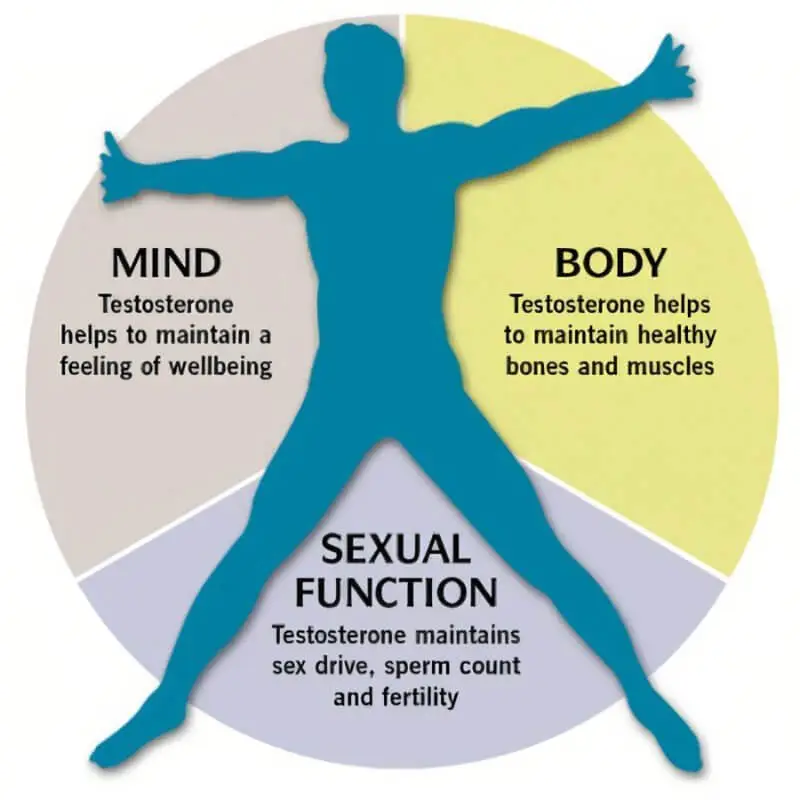MENS HEALTH
Mens health outcomes are a worldwide problem. Studies show that men have about twice the risk of heart attacks when compared with women. Males are also more likely to develop obesity, insulin resistance, and diabetes.
The prevalence of sexual dysfunction is likely underestimated due to perceived stigma, yet current data indicates that up to 40% of women and 30% of men report some level of dysfunction. Often these dysfunctions stem from hormonal imbalances and are remediable with proper treatment and guidance from well-trained clinicians, but awareness remains lacking. It is my role, as a physician, to bring such awareness to the forefront.
Testosterone and hormone levels decline with age. More and
more men younger than 40 are experiencing symptoms of androgen deficiency. The
cause of male hormone imbalance is multifactorial. As you notice, the thyroid
gland, adrenal glands and male hormones work in unison to render a man’s
well-being optimal, and many factors influence such collaboration. Lifestyle
factors, poor nutrition and metabolic dysfunction continue to contribute in a
big way, and environmental causes are wreaking havoc more than ever. Chemicals
of our modern era, collectively referred to as ‘endocrine disruptors’ (phthalates,
bisphenol, benzophenone, PCBs, Glyphosate, DDE, DDT, soy genistein to name a
few) inhibit one or more enzymes much needed in testosterone biosynthesis. It
is up to us to become aware and educated about them so we can eliminate
exposure.
Testosterone is not just for libido and sexual performance. Testosterone
improves insulin sensitivity, increases bone mineral density, increases muscle
bulk and tone, maintains lean body mass, strength and stamina, increases the
sense of well-being, improves mood, energy and memory, supports self-esteem, improves
lipid profile and prevents heart disease, increases oil production in the skin,
and increases hair growth.
If testosterone replacement is being considered, a man’s desire to maintain fertility should be explored and help dictate the form of treatment. This is because exogenous testosterone replacement disturbs that hypothalamic-testicular negative feedback which will inhibit the natural sperm production, leading to possible undesired infertility.

In 2004, investigators at Wayne State University examined testosterone levels in men enrolled in a large aging study. They found that for every 50% increase in free testosterone in the bloodstream there was an associated 26% decrease in the risk of developing Alzheimer’s. Men who went on to develop decline in cognition and Alzheimer’s disease had about half the free testosterone in their bloodstream as men who did not. (Ann. N.Y. Acad. Sci. 2005. 1055: 80–92)
Studies have shown that when it comes to chronic blood sugar dysregulations, it is insulin resistance, rather than glucose elevations alone, that predicts cognitive decline, especially memory decline, in people with prediabetes. (BMJ Open Diab Res Care 2020;8:e001741). Yet, conventional medicine hardly checks the insulin levels.
Lifestyle choices, dietary considerations, exercise regimen and stress management should be at the forefront of prevention of prediabetes and diabetes. It is never too late to implement such measurements, as type 2 diabetes IS an entirely reversible process!
Men’s health pathologies, including BPH and androgenic alopecia, are related to hormonal disruptions. Most cases of prostatic inflammation (prostatitis) are non-infectious in origin and may be treated effectively with anti-inflammatory herbs and nutrients.
Androgenic alopecia aka male-pattern baldness is NOT a disease and causes no morbidity other than emotional turmoil. It is extremely common (one half of men will have some degree by age 50). DHT is a key mediator of the effect of androgens (male hormones) on the hair (DHT stands for dihydrotestosterone: it is 5x more potent than testosterone, and results from conversion of testosterone via an enzyme called 5-alpha reductase). Type 1 of this enzyme is the most common type found in the scalp and sebaceous glands, while Type 2 is found in the prostate and hair follicles and seems to be the culprit in androgenic alopecia. It is important to note that people born with 5-alpha reductase deficiency (which affects only type 2) do NOT develop baldness. (Asian Journal of Andrology (2014) 16 274–279)
Conventional medicine offers treatments in the form of topical Minoxidil and oral Finasteride, which have been approved by the FDA for androgenic alopecia but only about 30% of patients continue medication for over a year in private practice. Oral finasteride was found to decrease libido (sex drive) and ejaculate volume, or cause erectile dysfunction, whereas topical minoxidil can cause scaling and itching of the scalp. (Evid Based Complement Alternat Med. 2014; 2014: 549721)
Functional medicine, instead, offers the power of naturopathic healing with natural products such as pumpkin seed oil, saw palmetto, and stinging nettle root and leaves, oral or shampoo treatments, which have been found to be more effective in preventing and reducing hair loss than placebo at every assessment point, as well as offer benefits in the treatment of BPH (benign prostatic hypertrophy) without the side effects of the conventional synthetic medications. (Acta Dermatovenerol APA 2018;27:51-57; Skin Appendage Disord. 2020 Nov;6(6):329-337; Avicenna J Phytomed. 2019 Nov-Dec; 9(6): 499–504)
It is within men’s ability to modulate and nurture their physiology to achieve and maintain well-being, by using the healing power of nutrition, lifestyle changes, modulation of stress, and use of bioidentical hormone therapy in injectable, transdermal or pellet form.


